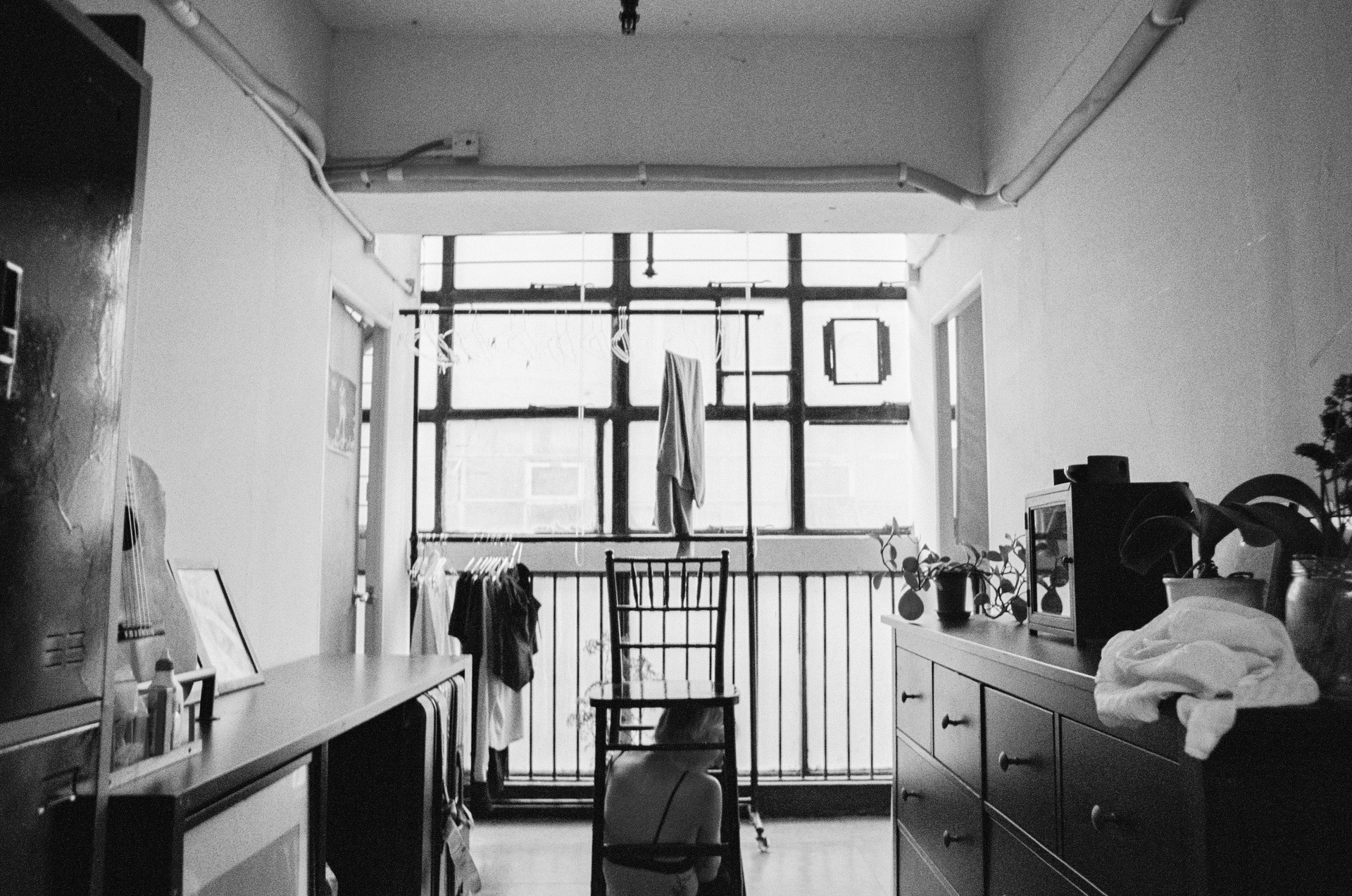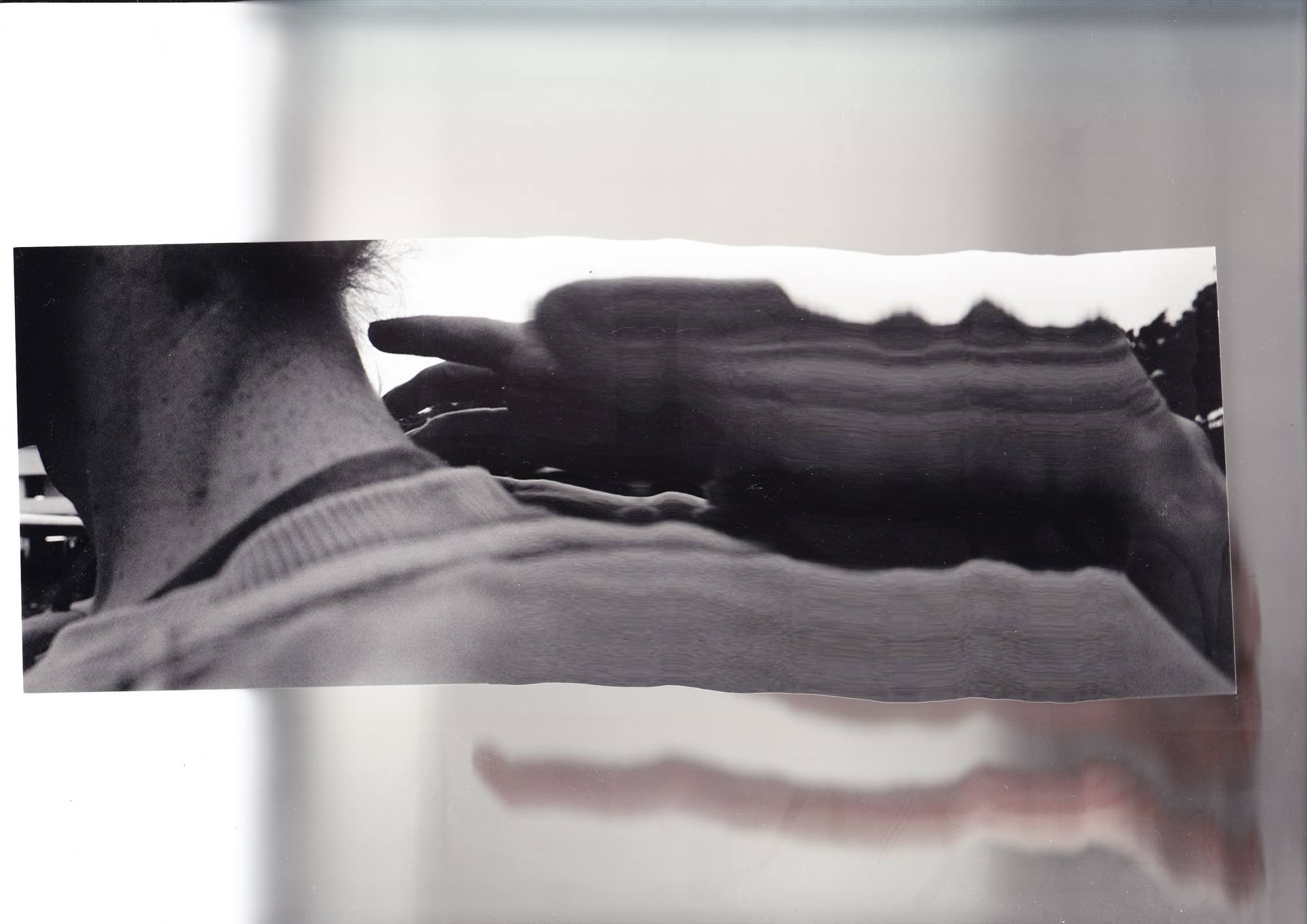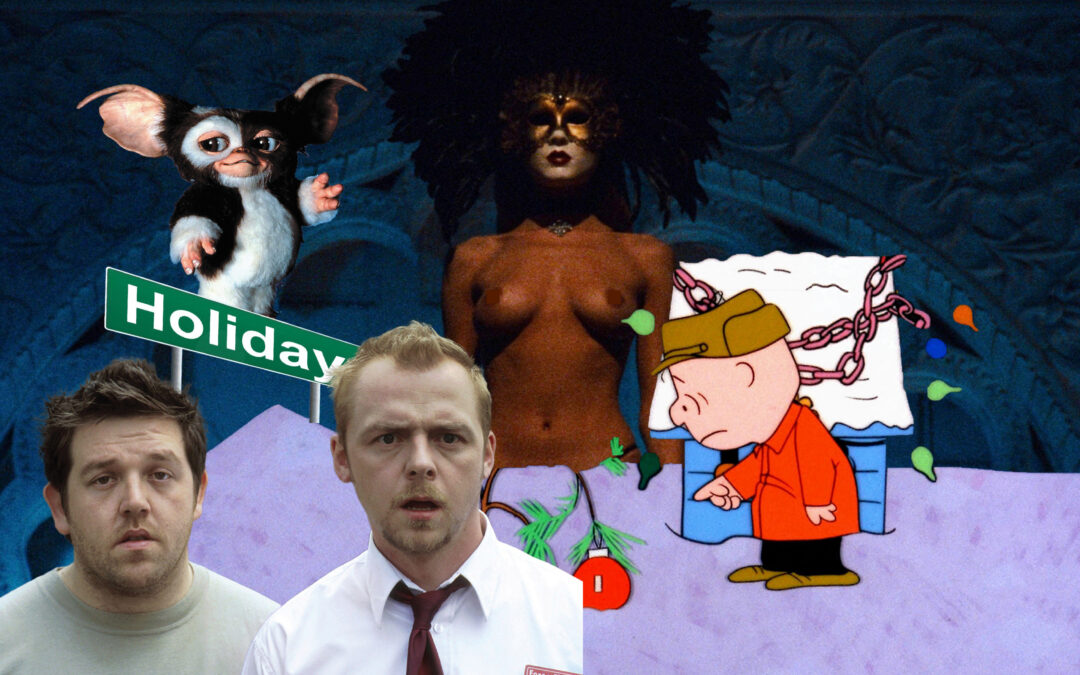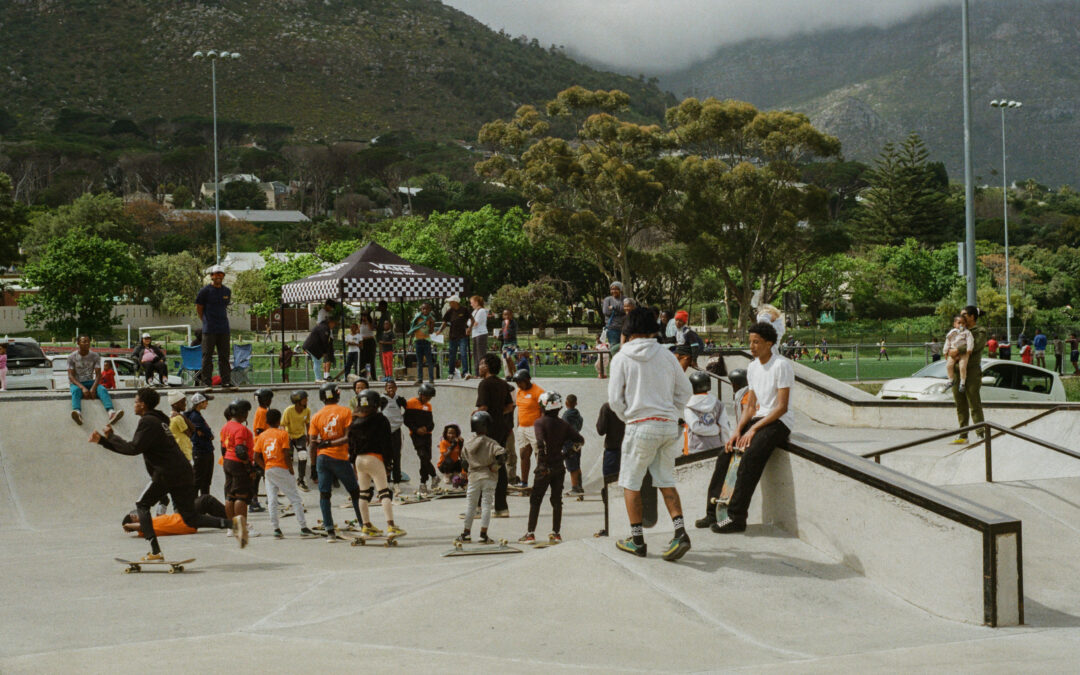As summer celebrations satiate our bodies with bursts of serotonin, and we are left with sun-kissed skin, slightly sticky from sunblock and spilt seltzer strewn across the streets of South Africa – with love and lust reaching a summer- fling fever pitch…is there potentially, a feeling of doubt? A grey cloud just starting to loom ominously over the summer romance? One of the hardest questions we may ever have to ask ourselves suddenly visits quicker than a Cape Town gust of wind; Am I being gaslit?
Ahh, I hear you asking, “that seems so harsh. Not everyone is a narcissistic piece of shit?”, and I actually agree. Still, questions have to be raised when the dictionary-magnates at Merriam-Webster declared “gaslighting” as their official word of the year in 2022, after searches for the term spiked by 1740%. Take a look at that again. Not 100%, a full 1740% increase in people searching for a phrase that has become alarmingly casual by now, particularly amongst a younger generation. So what is gaslighting, actually?
A good starting point is to define what is meant when someone refers to gaslighting. Merriam-Webster themselves define the term as “psychological manipulation of a person usually over an extended period of time that causes the victim to question the validity of their own thoughts, perception of reality, or memories and typically leads to confusion, loss of confidence and self-esteem, uncertainty of one’s emotional or mental stability, and a dependency on the perpetrator”. This definition in of itself sheds a pretty clear light on just how damaging gaslighting can be. It is not simply the art of white lies and deceit but rather a form of emotional abuse.



Images: Sune, Adam Shek. 2019. Hong Kong.
A form of abuse that doesn’t leave physical scars and wounds but should not for a second be discredited as somehow being less valid – ironically, if anyone tries to convince you that it is less painful, less traumatic, less valid, they are, in fact, gaslighting you – Here’s the thing: although the dictionary entry serves as a good point of departure and does summarise what gaslighting is all about, it lacks the nuances necessary when discussing topics such as these. Who could be the perpetrator? How do you spot gaslighting, and most importantly, how do you deal with being gaslit?
Although our minds are immediately cast to gaslighting scenarios within romantic relationships, it’s important to note that it can take place on a broad spectrum. Perpetrators could be anyone, including friends, family, colleagues, politicians, medical professionals and, depressingly ourselves. So what are some signs to look out for when it comes to gaslighting? Different platforms will give you different answers simply because it is rather difficult to condense down the broad scope of gaslighting behaviours that people exhibit. Clinical psychologist Dr Becky Spelman lists five common gaslighting techniques that are often used.

Image: I should have pulled away sooner but you had me stuck. 2021. Hong Kong.
/// Withholding
Here the gaslighter either refuses to listen to the victim’s concerns or simply pretends that they do not understand. (You’re not making any sense, what you’re saying is crazy.)
/// Countering
Here the gaslighter not only questions the victim’s memory but often introduces new information that never happened as a means to protect themselves. (I did tell you, you just can’t remember.)
/// Forgetting/Denial
The gaslighter claims that an event simply didn’t happen or that they forgot about it. (That never happened, I would remember something like that.)
/// Diverting
The gaslighter completely changes the course of a conversation by bringing up often overly dramatic stories that may or may not be true in an attempt to completely derail the train of thought of the victim, leaving them extremely confused. (You know, when I was your age, I couldn’t complain about my feelings because we were too poor to afford any food)
/// Trivialising
The gaslighter makes the feelings and emotions of the victim feel insignificant. (I don’t think it’s as bad as you think. Remember, there are starving children all across the world, so pull yourself together)
Carousel: Put me back together b. 2022. Self portrait.
Sticky fingers. 2022. Self portrait.

Image: Anyway. Jan Bond. 2022.
Gaslighting is a narcissist manipulation tactic, and although gaslighting isn’t only perpetrated by narcissists, practically all narcissists gaslight as an attempt to be in the absolute control they need to protect their unbelievably fragile sense of self. So to all those Patrick Bateman-loving “sigma males”, you’re not so sigma. I think the more accurate term is socially inept, as pointed out by Dr Ramani Durvasula, a clinical psychologist whose work primarily revolves around narcissism. As a side note, I know it’s hookup season, so I’m going to leave this link here to Dr Spelman’s description of how to tell if you’re sleeping with a narcissist, you can’t be too safe out in these scary streets.
Now that we can spot some of the common tactics used by gaslighters, what do we do when we realise that we are, in fact, being gaslit? Well, when it comes to dealing with a gaslighter, Dr Durvasula has some suggestions. Now, this may seem harsh, but one piece of advice that she hammers home is the need to simply end the conversation. Simply put, the narcissist will under no circumstances actually take on board the information you are so carefully, so painstakingly trying to curate for them. She mentions that it is critical here to take a step back and to really evaluate what you would like from the relationship going forward.

Image 1: Am I being clear enough_ 2021. Self portrait.

Image 2: You’ve got a pretty mouth but I can see through you. 2021. Self portrait.
In the beautifully written 2018 Vox piece by Robin Stern, I think we find the most comprehensive list of steps to take to protect yourself within a gaslighting situation.
1) Identify the problem.
2) Sort out truth from distortion.
3) Figure out if you are in a power struggle with your partner.
4) Engage in a mental exercise to encourage a mindset shift: Visualise yourself without the relationship or continuing it at much more of a distance.
5) Give yourself permission to feel all your feelings.
6) Give yourself the okay to give something up.
7) Talk to your close friends.
8) Focus on feelings instead of right and wrong.
9) Remember that you can’t control anyone’s opinion, even if you are right.
10) Have compassion for yourself.
I think Stern also brings up a beautiful point with which I’d love to conclude this article. “People aren’t born gaslighters like they are born introverts or extroverts. A gaslighter is a student of social learning. They witness it, feel the effects of it, or stumble upon it and see that it is a potent tool. It’s a cognitive strategy for self-regulation and co-regulation. To be frank, it works.” All with the memes of ‘gatekeep, gaslight, girl boss’ aside, I think it’s crucial that we take note of this. We aren’t predisposed to this abusive behaviour and can try to unlearn it. Maybe we’ve gaslit and I’m pretty sure we’ve all been a victim of gaslighting, but I think we all can agree that it is imperative that we take a good hard look at ourselves before we all become a point of trauma to someone we may have once held dear.

Image 1: Stop crying. 2020. Self portrait.

Image 2: Static. 2023. Self portrait.
In-article images by Sune van Tonder, an emerging South African photographer, detailing intimacy and relationships.
Models: Jan Bond & Adam Shek.
Published: 15 February 2023
Written by: Casey Delport
For more news, visit the Connect Everything Collective homepage www.ceconline.co.za
















